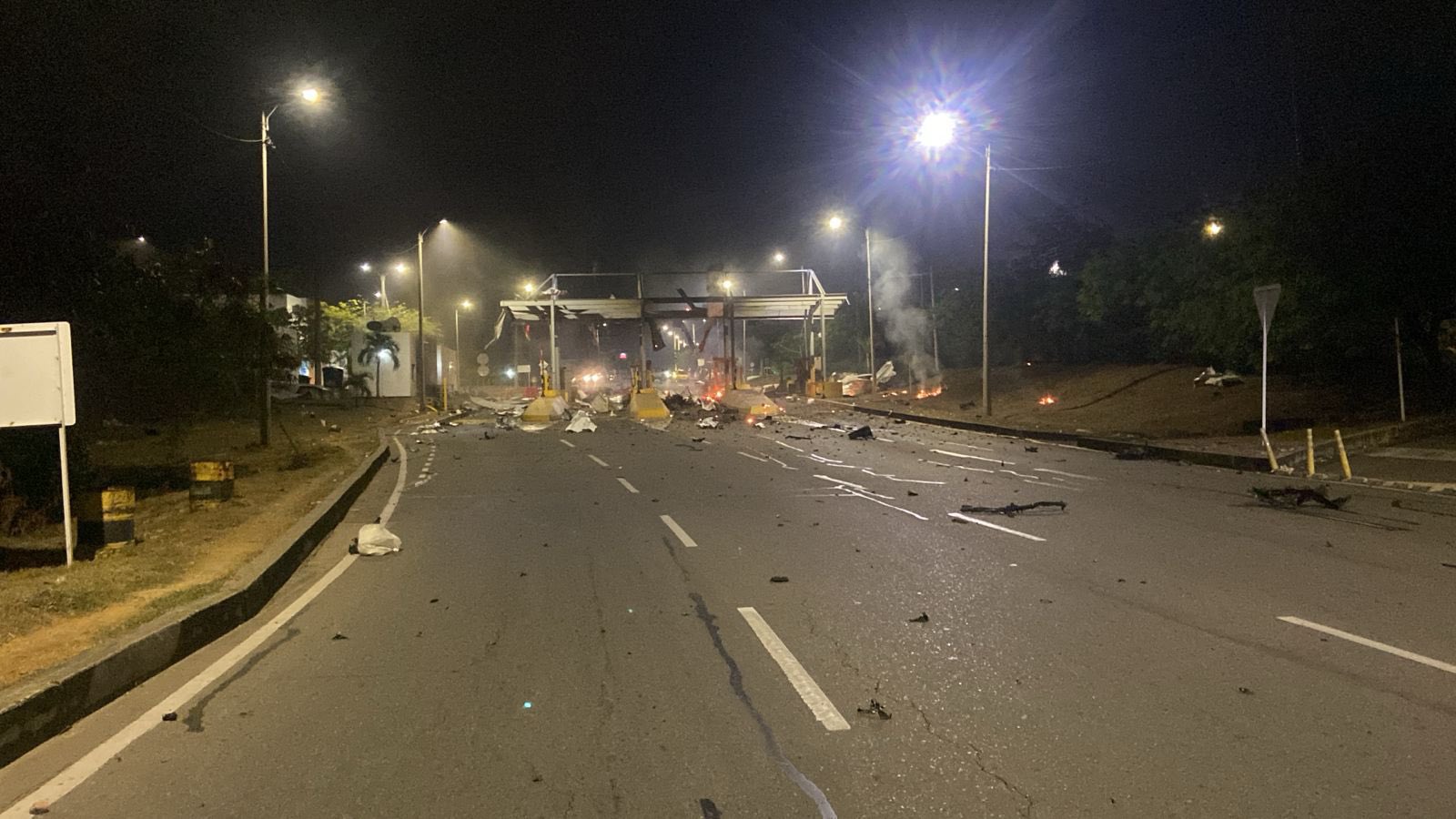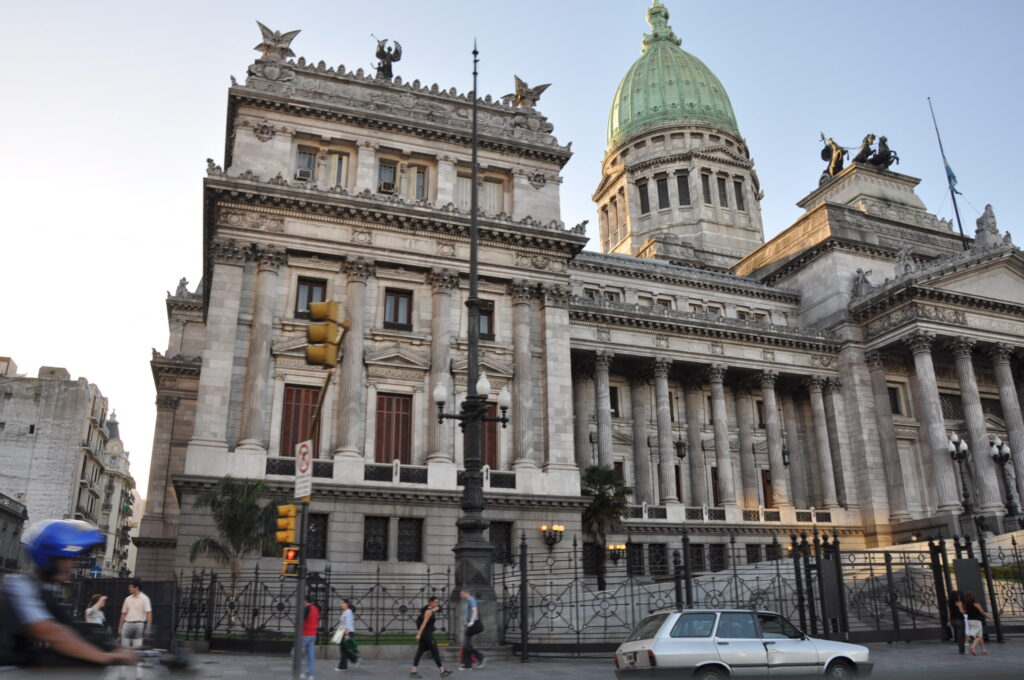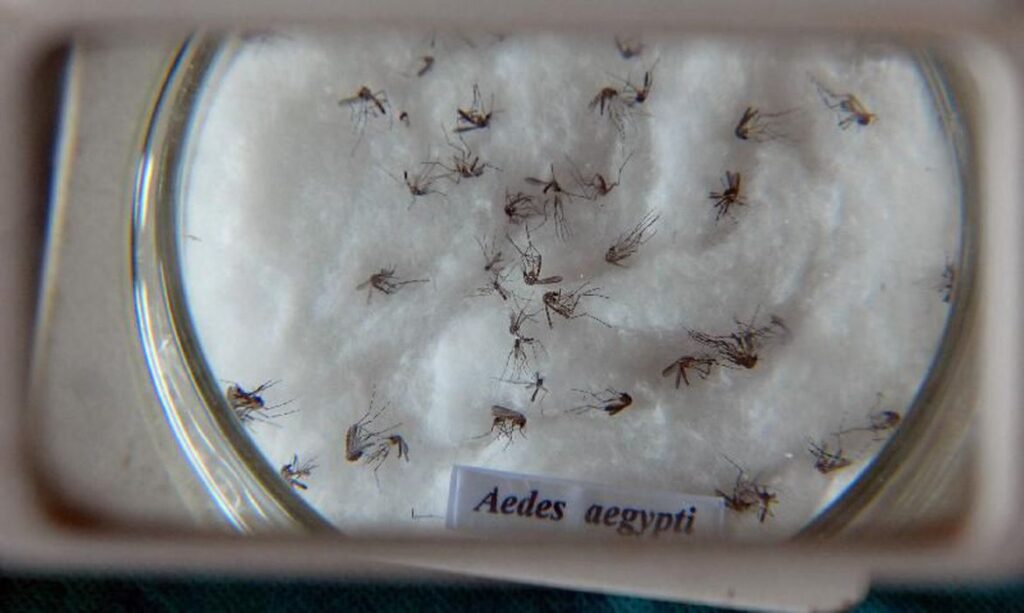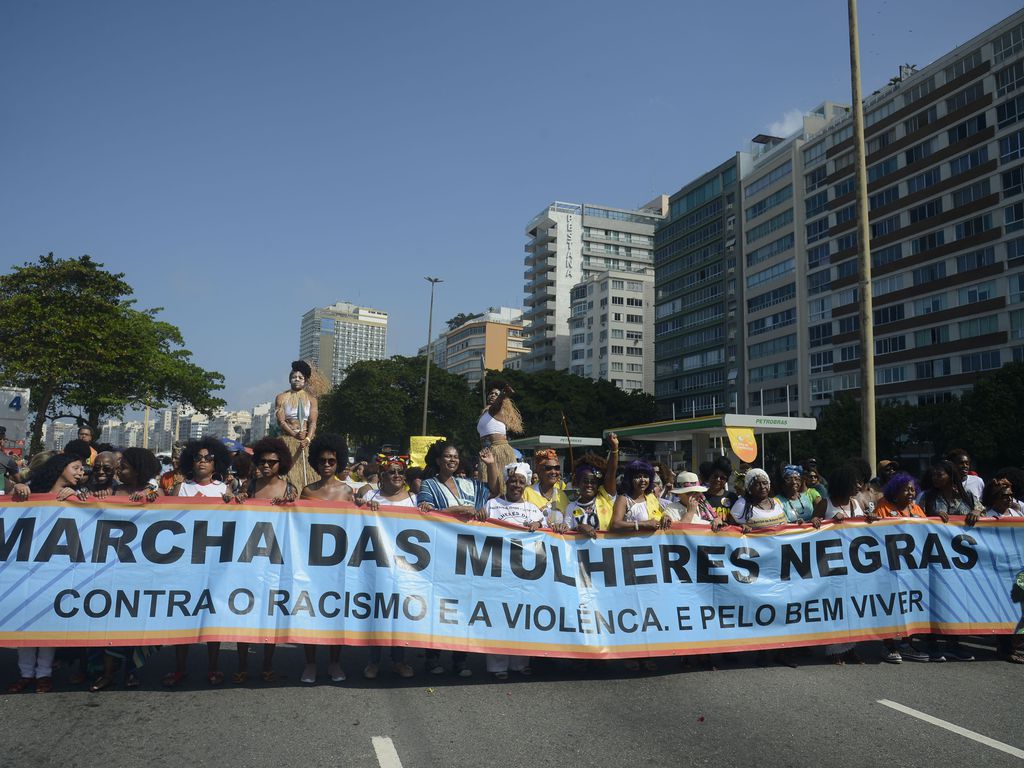Cúcuta, a northeastern Colombian city on the border with Venezuela, woke up to five explosions on February 20. The National Liberation Army (ELN), the country’s largest active rebel insurgency, days later claimed responsibility for the attacks.
“In response to the counterinsurgency plan to exterminate the ELN… we inform the public of this report of the war carried out in the cities and metropolitan areas of Colombia,” the ELN claimed on February 24 via Antorcha Estéreo, the group’s radio station.
“The National Urban War Front (FGUN) reaffirms its commitment to the Colombian people and the construction of a new society. Colombia… for the workers! Not one step back… liberation or death!” the group added.
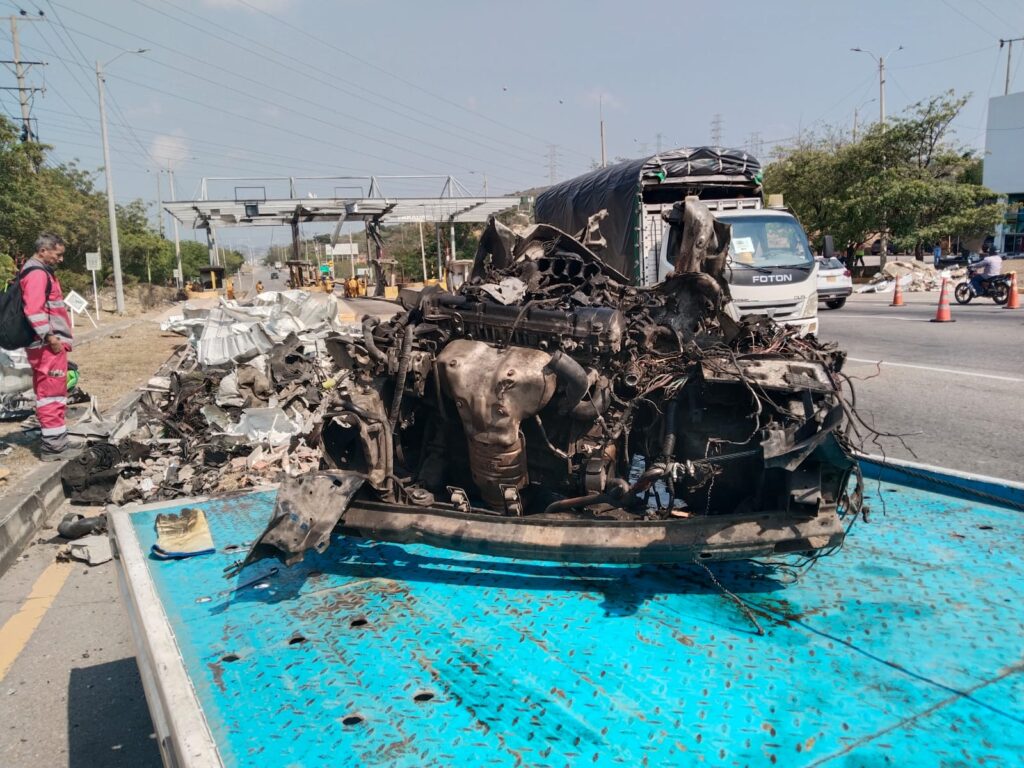
Image credit: Gabriel Perez via X.
The first attack was against an Immediate Response Police Post (CAI) in the Villa del Rosario municipality, bordering Venezuela. In this, armed men detonated at least three explosive charges and used gunfire at around 11:00 PM on February 19, according to newspaper La Silla Vacía.
Thirteen minutes later, another explosion was reported in the La Prada toll station, a key access point to Venezuela, and throughout the night, authorities also noted attacks in the CAI near La Prada. The final explosion happened at 6:00 AM on February 20 in a CAI in the San Rafael de Cúcuta neighborhood, close to a school.
Preliminary information from authorities confirmed that six individuals had been wounded as a result of the explosions, including three toll workers, two security personnel, and a citizen who was riding a bicycle through the area at the time of the incident, as per Venezuelan news outlet Telesur.
Following the incident, Cúcuta mayor Jorge Acevedo announced a curfew from February 20 at 7:00 PM, to February 21 at 6:00 AM, and cancelled school sessions until Monday.
Similarly, the Norte de Santander Health Department took risk management measures in preparation of a massive influx of patients, including emergency hospital plans, a daily monitoring of medicine stocks, reinforcing the safety protocols for medical personnel, heightened government vigilance, and the formulation of contingency plans for rural regions which have recently received displaced populations from the embattled Catatumbo region.
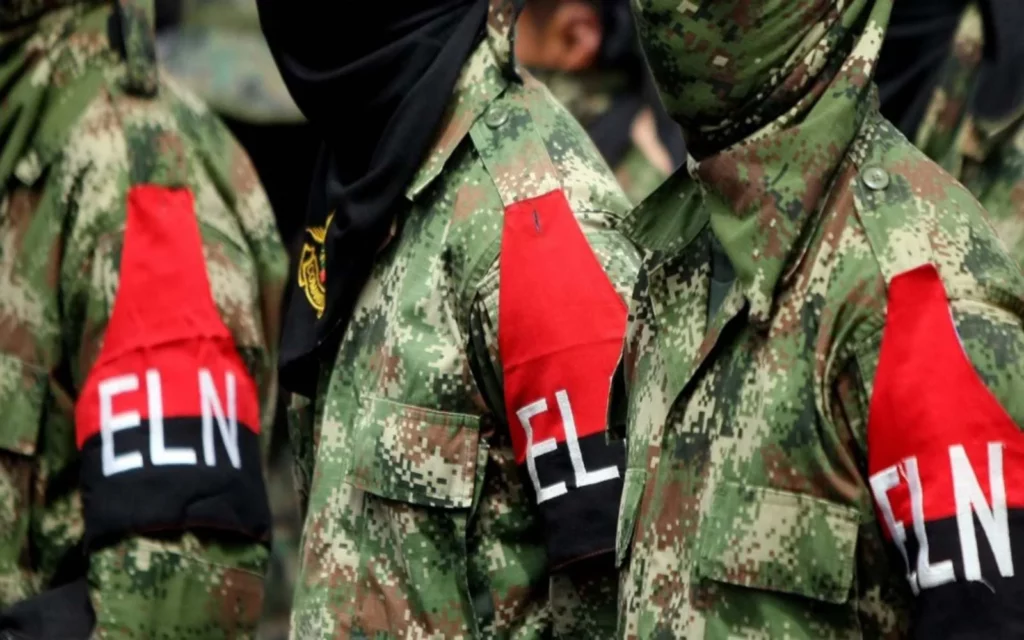
Catatumbo, north of Cúcuta and along Colombia’s border with Venezuela, has since January been experiencing the worst humanitarian crisis in the country’s recent history, with over 54,000 victims of forced displacement, and as many as 80 people killed. At least 20,000 displaced fleeing individuals have arrived in Cúcuta in the last month, and the national government issued an Internal Commotion Decree in late January to address the emergency.
Read more: Tibú, a town at the center of Colombia’s worst humanitarian crisis in a decade
Violence in the ‘house of thunder’
Violence erupted on January 16, between the ELN and the Frente 33, a dissident group from the now-defunct Revolutionary Armed Forces of Colombia (FARC), although confrontation in Catatumbo amongst different illegal armed groups much predates the recent crisis.
Catatumbo, meaning “house of thunder” in the Barí indigenous language, has been a hotspot for armed struggle since at least the 1990s, when the United Self-Defenses of Colombia (AUC) paramilitary group expanded its control among its municipalities, according to the Colombian Historical Memory Center (CNMH).
Image credit: Bourrichon via Wikimedia Commons.
The CNMH also notes that the region is especially coveted by illegal armed groups because of its richness in natural resources- from oil to water-, its diverse thermal zones, making it an ideal location for a wide variety of crops, and its proximity to Venezuela.
This, the BBC found, makes it an ideal corridor for weapons smuggling and drug trafficking, an opportunity that the ELN has seized on since the signing of the 2016 FARC peace agreement. Ultimately, the ELN now operates as a binational guerrilla.
In August 2023, the government, led by left-wing President Gustavo Petro, established peace talks with the ELN, which had been unsuccessful during six previous administrations, as per newspaper El Espectador.
The negotiations have been difficult, with a suspension in September 2024 after the ELN bombed a military base, and most recently in January 17 because of violence in Catatumbo.
“What the ELN has done in Catatumbo are war crimes. The peace talks with this group are suspended; the ELN has no real intention of peace,” Petro stated.
Far-reaching trend
The rising violence in Catatumbo and the explosions in Cúcuta respond to a wider trend of escalating violence across the country, attributed to different armed groups.
On the same night as the explosions began in Cúcuta, on February 19, the south-western city of Popayán was also attacked, this time via drones carrying explosives.
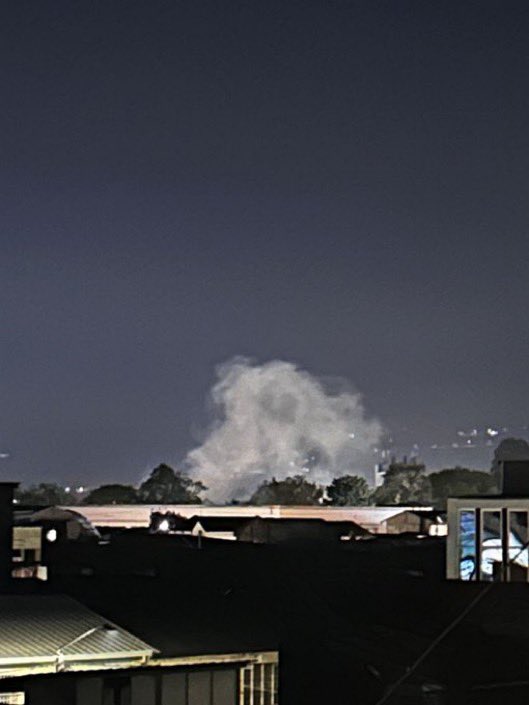
Image credit: Luis Carlos Vélez via X.
According to La Silla Vacía, the explosions occurred first in a Popayán CAI, and then at the Laura Valencia Temporary Detention Center. In this case, there were no reported deaths or injuries, but there was severe infrastructural damage.
The Popayán mayor’s office has since set a $20 million COP ($5,000 USD) reward for any information about those responsible for the attacks.
The incidents, however, happened in the context of advancing warfare from the “Mordisco” Front in Popayán, another FARC dissident group that splintered from the wider Central General Staff (EMC) dissidents in April 2024.
The separation of the Mordisco Front, commanded by Nestor Vera Fernández, known under the nom de guerre of “Iván Mordisco”, followed alleged internal disputes within the EMC on how to handle a ceasefire suspension imposed by the government.
This wave of violence across Colombia is happening against the backdrop of President Petro’s Total Peace Policy, through which the government is negotiating with nine armed groups simultaneously.
So far, both Amnesty International and the United Nations have issued alerts on the situation, calling on Colombian authorities to aid victims.
“Amnesty International urges Colombian authorities to continue and strengthen actions to protect the lives and integrity of the civilian population in Catatumbo, including human rights defenders, their organizations and communities, as well as victims of forced displacement and other serious human rights violations,” the rights group stated in January.
“We urge non-state armed actors to respect the human rights of the population and to comply with the rules of International Humanitarian Law to which they are bound. We reiterate the prohibition of indiscriminate attacks, the use of landmines, and the recruitment of girls and boys,” the United Nations added, following the attacks in Popayán.
Featured Image Credit: Manolesco via X.


